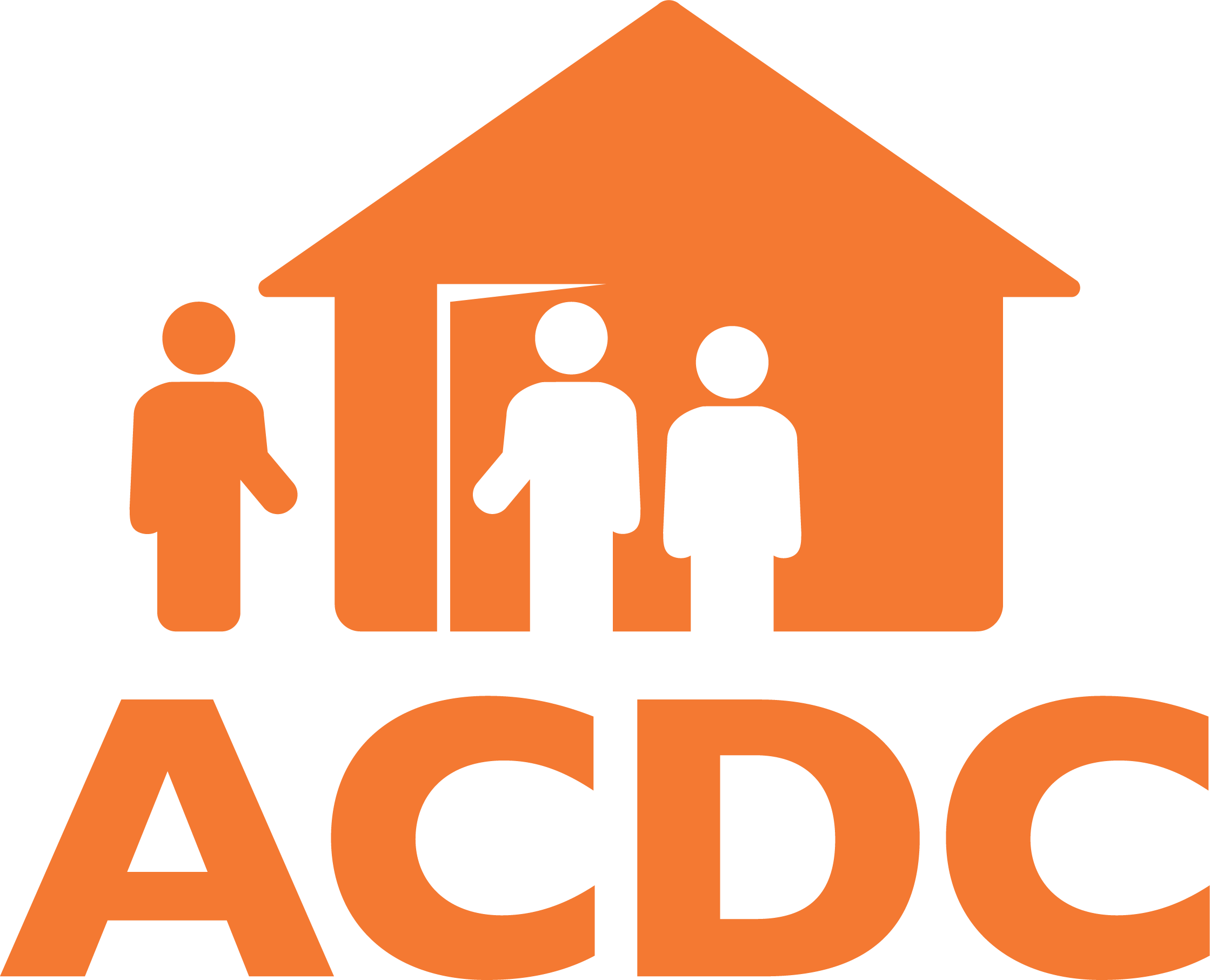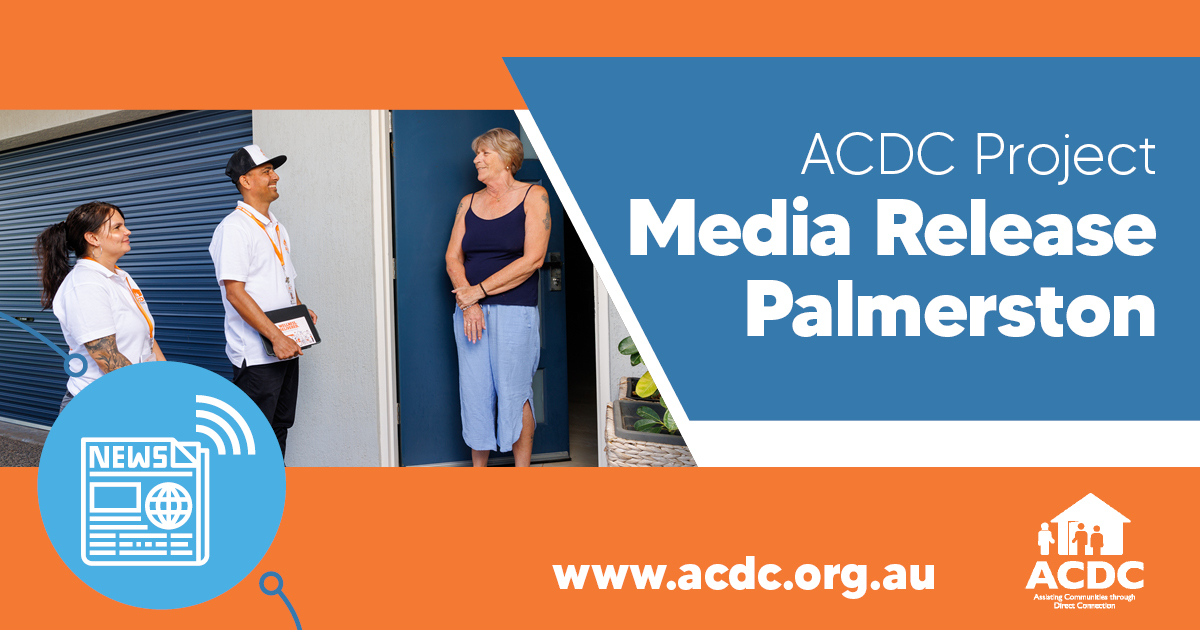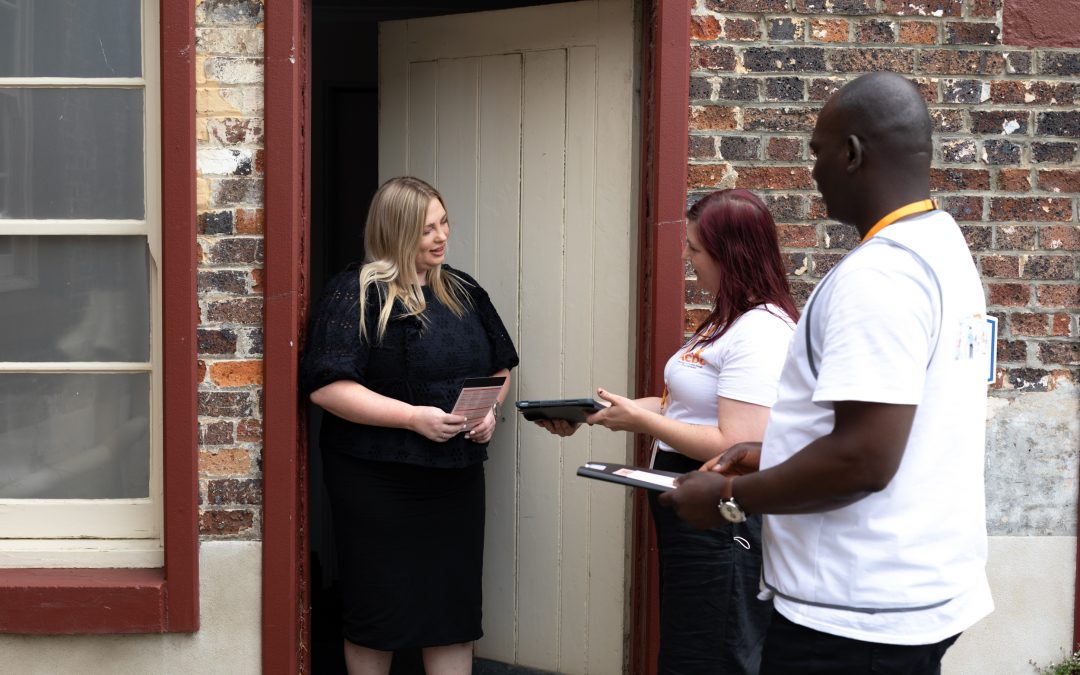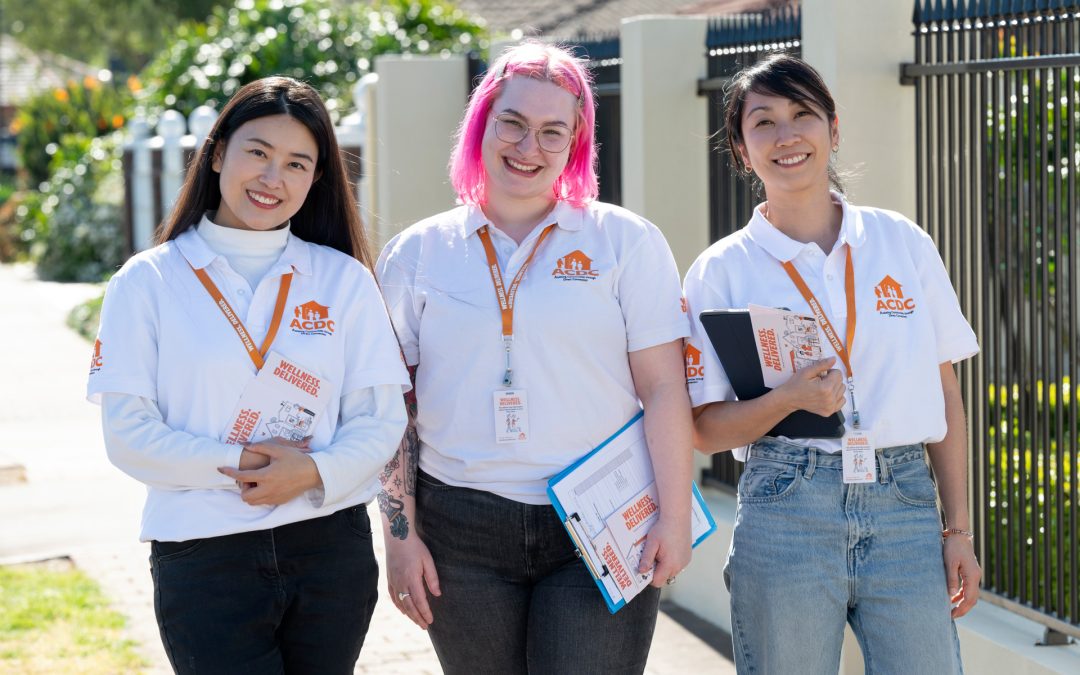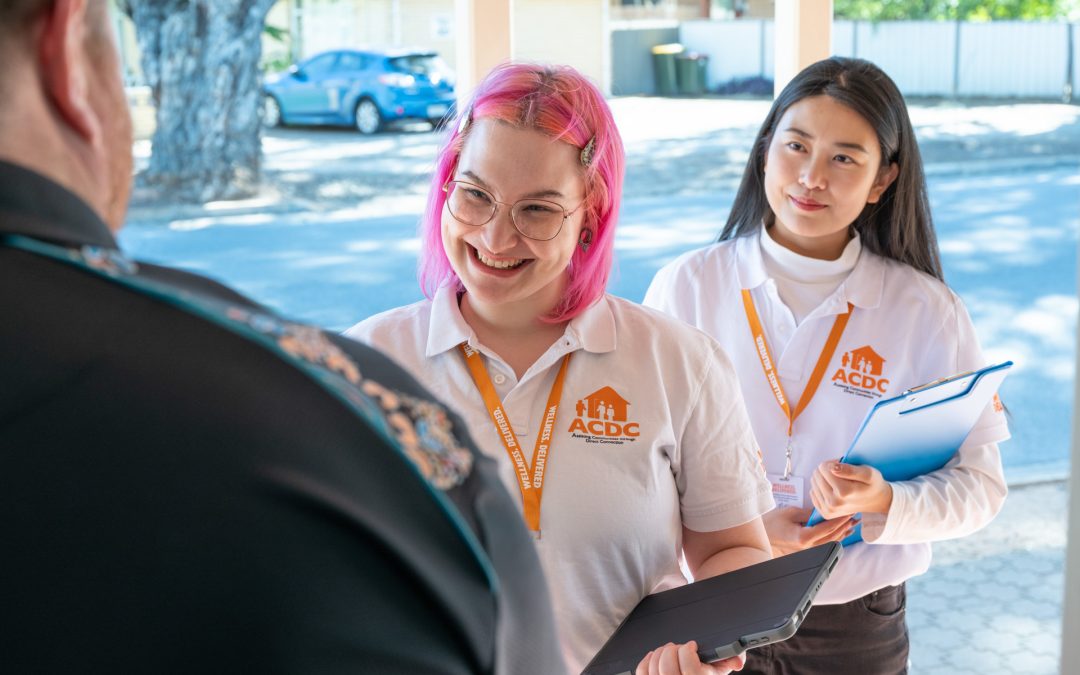Sometimes all it takes is a conversation.
A new project in Palmerston aims to talk with community members about their mental health and help link them with wellbeing services in their area.
With the COVID-19 pandemic still affecting Australians, the Assisting Communities through Direct Connection (ACDC) project is going door-to-door to check in with locals.
Community Mental Health Australia (CMHA) are working with local service provider, Top End Mental Health Consumer Organisation (TEMHCO), to doorknock in Johnston and Moulden from April to July 2022.
The ACDC Project is visiting over 20 sites in Australia to improve community wellbeing and collect important data.
“Unfortunately for many reasons people do not want to talk about or even think about their mental health,” says CEO of CMHA, Bill Gye.
“People may prefer to tough it out, hide it from others, or avoid the stigma. The ACDC Project is going directly to households in Australia to engage them in conversation about these important issues.”
The ACDC Project are not typical door knockers. They make contact via friendly ‘People Connectors’ who let people know about the free services available and deliver an information pack with a fridge magnet and brochures.
Line Manager, Wendy Riley, hopes the project will help locals better navigate services in the Palmerston area.
“There is a strong need for the community to be informed about wellbeing and mental health services. The ACDC Project will meet and greet householders and provide information for services available that they may not be aware of,” says Wendy.
The other aim of the ACDC Project is to gather feedback on any service gaps so that improvements can be made by local, state, and federal governments.
ACDC Project People Connector, Darlene Devery, hopes the survey data will show what mental health services are needed in the area.
“As an individual with lived mental health experience, I am acutely aware of the complexities and prevalence of mental health issues within our community. I feel this is compounded quite negatively by the lack of community education around mental health and the lack of appropriate services available,” says Darlene.
For each of the communities visited throughout Australia, the ACDC Project will generate data and information about the reasons why people do not access support from local services.
The findings of the ACDC Project evaluation report will contribute to discussions about funding for community-managed mental health services in Australia, and how the mental health support needs of people in communities are delivered.
It will also evaluate how effective a proactive approach is in reaching, engaging, and resourcing people to connect with services.
“The ACDC Project aims to address a serious problem with mental health services in Australia. Often, people only look for or receive support when they are in crisis. We must be much more proactive connecting and communicating with people about the importance of wellbeing. Prevention and early intervention are far more effective than dealing with people in crisis,” says Bill Gye.
The ACDC project provides this important information to householders of all educational, cultural and language backgrounds to promote access to mental health, social and emotional wellbeing support.
If the householder is not home a card is left in their letterbox with contact details so they can ask the People Connectors to come back.
For more information about The ACDC Project go to www.acdc.org.au
The ACDC Project is funded by the Department of Social Service.
END
